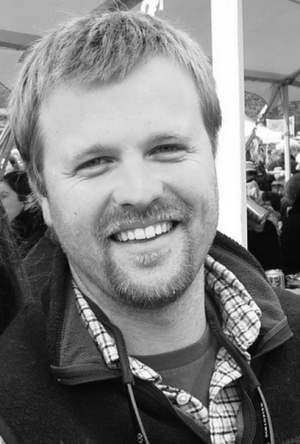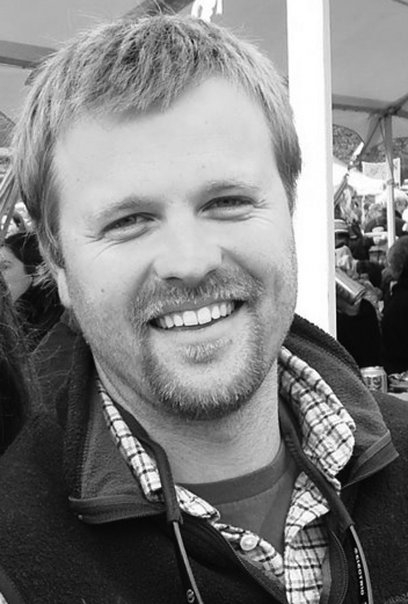Chad Everhart, associate professor and program coordinator of building science, will be the chair of the newly created Department of Sustainable Technology and the Built Environment effective July 1, 2015.
“It is an honor to be given the opportunity to serve the outstanding students and faculty of the Department of Sustainable Technology and the Built Environment,” Everhart says of his appointment, “I am excited to help support and promote the department’s innovative teaching, research, and service initiatives.”
Everhart has been an active member of the faculty for 9 years and served as coordinator for 5-1/2 years. In addition to his teaching responsibilities, which include the development of several courses, Everhart has been dedicated to serving the student body and refining the quality of the Building Science Program. He is actively involved with student research and service-learning projects, while also maintaining his own scholarly and professional growth. Additionally, Everhart has served as a faculty advisor for Appalachian State’s award-winning submission to the 2011 Department of Energy’s Solar Decathlon as well as the inaugural director of the Integrative Design Experience Laboratory (IDEXlab).
Dr. Glenda Treadaway, Dean of the College of Fine and Applied Arts, commented that, “Reorganization and transition in any organization requires dedication, a lot of hard work, vision, and effective leadership. Chad has proven to possess the qualities of leadership and the devotion to his discipline and higher education to undertake this responsibility and produce outstanding results. I am excited to see this new department thrive.”
The Department of Sustainable Technology and the Built Environment is a product of a recent reorganization within the College of Fine and Applied Arts that split the Department of Technology and Environmental Design into two departments, the second being the Department of Applied Design.
The division of the Department of Technology and Environmental Design into two departments will create better alignment of programs based on their disciplines, highlight areas of excellence and promise within the college and university, will allow more focused assessment of program, policy, and student outcomes and allow better mentoring of young faculty seeking to attain promotion and tenure. With closer coordination of more related disciplines in each of the new departments, there will be greater efficiency in program delivery and department management.
The new Department of Sustainable Technology and the Built Environment will house three programs and faculty in the areas of Sustainable Technology; Building Science with concentrations in Construction Management, Architectural Technology and Design, and Sustainable Building Systems; and the Graduate Program.

